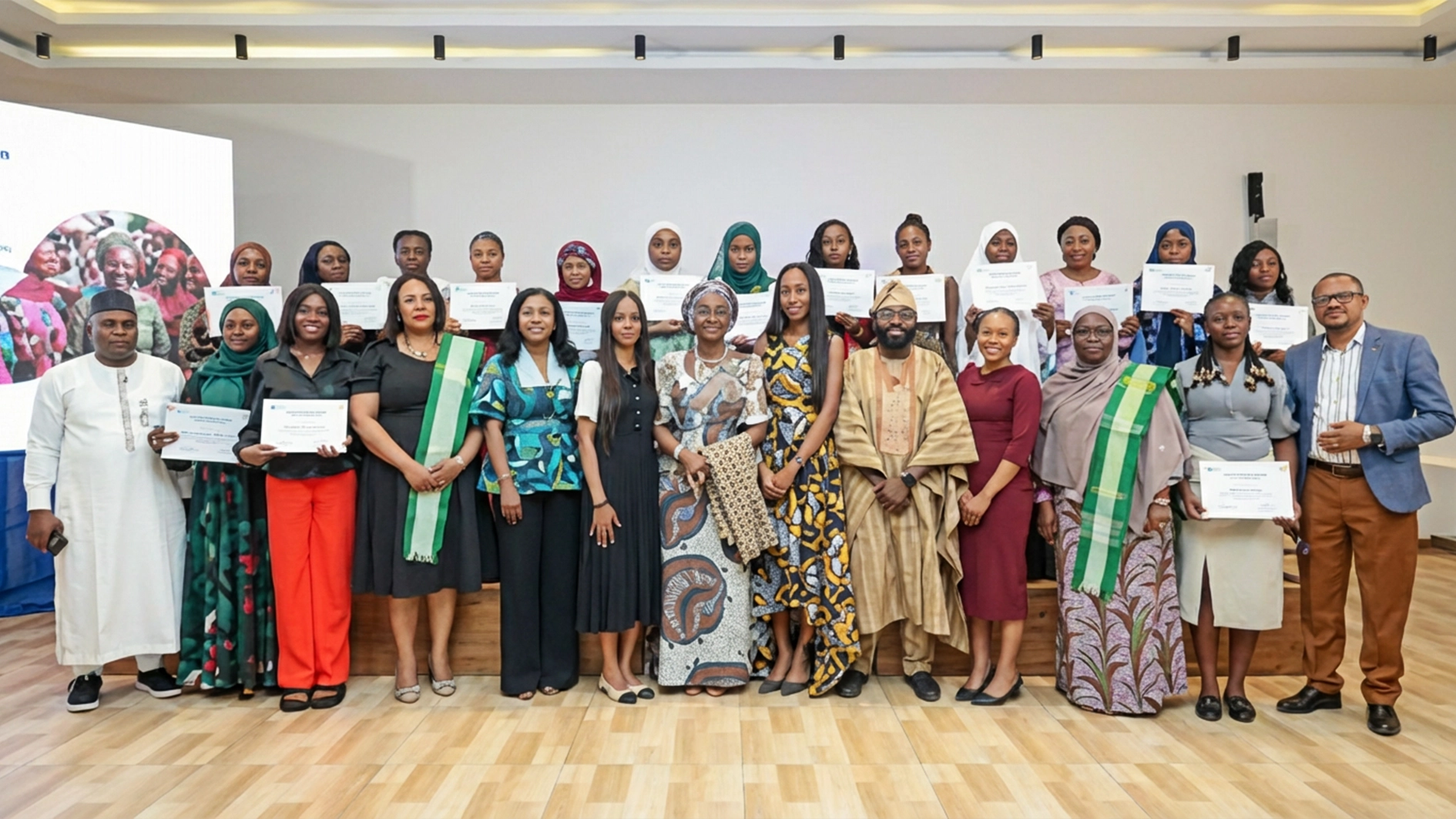The National Agency for the Control of AIDS (NACA) has called on the government to urgently shift toward country-led ownership of its HIV response by reducing dependence on external donor support and strengthening domestic capacity to deliver sustainable testing and treatment services.
Speaking at the National HIV Health Sector Symposium in Abuja, organised by the National AIDS, Viral Hepatitis and STIs Control Programme (NASCP), NACA Director-General, Dr Tope Ilori, stressed the importance of building a self-reliant, resilient, and inclusive HIV response framework that puts Nigerians in charge of their health outcomes.
“We must develop a long-term framework that guarantees access to HIV services for all Nigerians, independent of foreign donor funding. True sustainability begins with ownership,” she said.
Ilori also advocated for routine HIV testing for all pregnant women, noting that early detection and treatment are critical to ending mother-to-child transmission and preventing the disease from remaining a public health threat.
“We must put every HIV-positive pregnant woman on treatment. Ending vertical transmission is not just a medical goal, it is a moral imperative,” she emphasised.
She assured Nigerians that antiretroviral (ARV) drugs are available and adequate to meet national treatment needs, aiming to ease public concerns about stockouts.
“To allay the fears of every person living with HIV and every Nigerian, we have sufficient antiviral drugs available in the country,” Ilori affirmed.
The NACA boss also urged the federal and state governments to collaborate with key stakeholders to ensure that no child is born with HIV, and that paediatric HIV care receives the attention it deserves.
In his remarks, National Coordinator of NASCP, Dr Adebobola Bashorun, outlined key strides made in expanding access to HIV services. According to him, HIV testing among women has more than doubled, from two million to 5.75 million in recent years.
Bashorun also noted remarkable progress in paediatric treatment coverage, which increased from 29 per cent to 74per cent, while Prevention of Mother-To-Child Transmission (PMTCT) coverage rose from 34 per cent to 67per cent. These gains, he said, reflect the government’s renewed commitment to ending the epidemic.
“The gap in treatment and prevention is closing. The current administration has doubled past achievements, and we must continue building on this momentum,” Bashorun stated.
He added that the sector now uses a unified standard document for treatment, management, monitoring, and evaluation, ensuring consistency and accountability in HIV response strategies.
Meanwhile, representatives of the Network of People Living with HIV/AIDS in Nigeria (NEPWHAN) lauded the Federal Government’s efforts to tackle the epidemic and pledged continued support from affected communities to strengthen the national HIV response.






